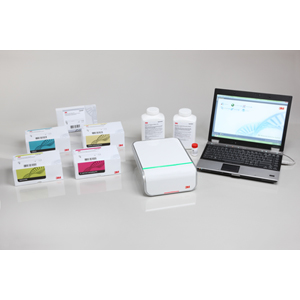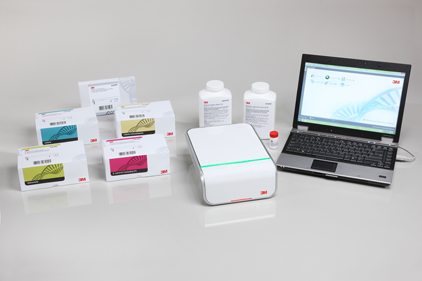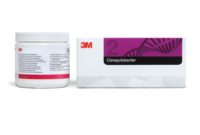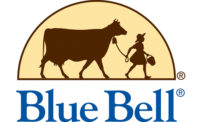The 3M Molecular Detection Assay Listeria for Environmental Testing (#081203) from the AOAC Research Institute’s Performance Tested Methods Program received AOAC-PTM certification.
AOAC-PTM certification.
Manufactured by 3M Food Safety, St. Paul, Minn., the assay uses two technologies – isothermal DNA amplification and bioluminescence detection. Its development was based on customers’ expressed needs for a faster, simpler and more accurate pathogen detection solution. This validation confirms the assay’s ability to monitor the facilities of today’s food processors and follows earlier validations of assays for Salmonella and E. coli O157 (including H7). 3M also offers this 3M Molecular Detection Assay Listeria for the testing of food matrices, including produce, meat, seafood, poultry and dairy.
“Clients value the thorough process used to validate the assays for Salmonella, E. coli O157 (including H7) and Listeria,” says Niki Montgomery, global marketing manager. “Recent outbreaks and recalls due to possible Listeria contamination further highlight the importance of using an AOAC-PTM-certified method to detect foodborne pathogens.”
The AOAC Research Institute, Gaithersburg, Md., bases certification of methods on independent study results demonstrating that a given method meets its product performance claims as expressed in the product package insert. For the 3M Molecular Detection Assay Listeria PTM study, artificially contaminated surfaces were evaluated using the 3M Molecular Detection System as compared to the appropriate U.S. Food and Drug Administration or U.S. Department of Agriculture Food Safety and Inspection Service reference method.
3M Molecular Detection Assay Receives AOAC-PTM Approval



